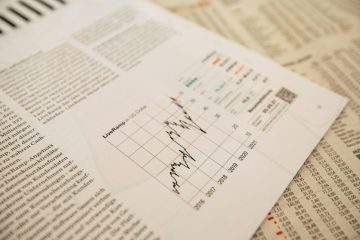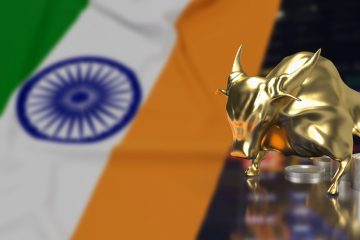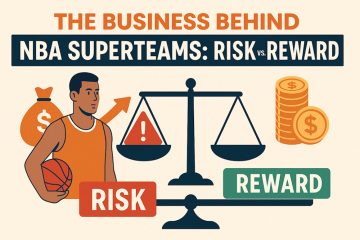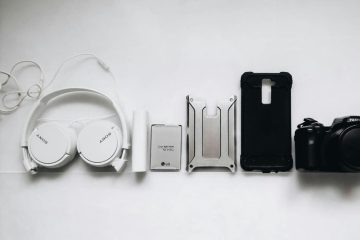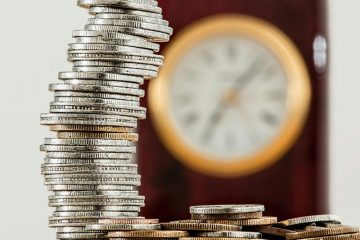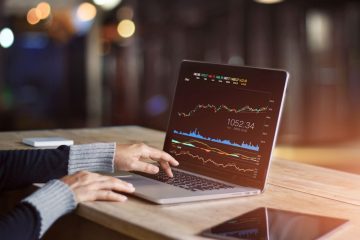A Beginner’s Guide to Forex Trading: All you Need to Know about Forex

Forex is the blend of “foreign” and “exchange” words and is all about changing one currency to another for different reasons, like business, trading, or travel. According to a report from the Bank for International Settlements, in 2022, global forex trading hit the $7.5 trillion threshold.
Here, let’s throw a quick look at the key features of forex trading, discover its main markets, and learn more about the forex calendar.
General Understanding of the Forex Market
The forex market is the place where people around the globe trade currencies. What makes this global market special is that it doesn’t have a central place for trading. Instead, currency transactions happen electronically over the counter (OTC). This means traders worldwide use computer networks rather than one big exchange.
In addition, the forex market stays open 24 hours a day, five and a half days a week, and currencies are traded in the biggest financial centers – Paris, Hong Kong, Frankfurt, London, Tokyo, and Zurich – across almost every time zone. Because of this, the foreign exchange market can be super active at any time, with prices changing constantly.
Types of Markets
Forex is mostly traded through spot, futures, and forwards markets. The spot market is the biggest of the three because it’s like the foundation for the other two. That’s why people often mean the spot market when they talk about forex.
When it comes to forwards and futures markets, they are more liked by companies and financial firms that want to protect themselves from foreign exchange risks.
Spot Market
The spot market is where currencies are bought and sold at their current trading price. This price is decided by supply and demand and depends on various factors, including:
- Geopolitical sentiment;
- Current interest rates;
- Price speculation;
- Economic performance.
When a deal is completed on the spot market, it’s called a spot deal. This is when two parties agree on exchanging a set amount of one currency for a specified amount of another currency at a pre-decided exchange rate.
Forwards Market
A forward contract is a private deal between two parties to purchase a currency at a future date and a pre-agreed price through OTC markets. In the forwards market, these contracts are traded OTC between the parties who decide the terms themselves.
Futures Market
A futures contract is a standardized agreement between two parties to receive a currency on a predetermined date at a fixed price. The main difference is that futures are traded on exchanges, not OTC.
In the futures market, these contracts are bought and sold with standard sizes and settlement dates on public markets, like the Chicago Mercantile Exchange.
Get Started with Forex Trading
In general, forex trading is similar to trading in stocks. Here’s how you can start your forex trading journey:
- Learn About Forex: Forex trading isn’t overly complex but demands specialized knowledge and a willingness to learn.
- Set Up a Brokerage Account: To begin forex trading, you’ll need an account with a brokerage.
- Develop a Trading Strategy: While predicting market moves isn’t always possible, having a trading strategy gives you a framework and guidelines.
- Stay Informed about Your Trades: Review your positions at the day’s end. Ensure you’ve settled all positions and have enough funds for future trades.
For traders, particularly those with less money, doing day trading or swing trading with small amounts is simpler in the forex market compared to other markets. So, if you have more money and plan for the long term, trading based on long-term fundamentals can be profitable.




